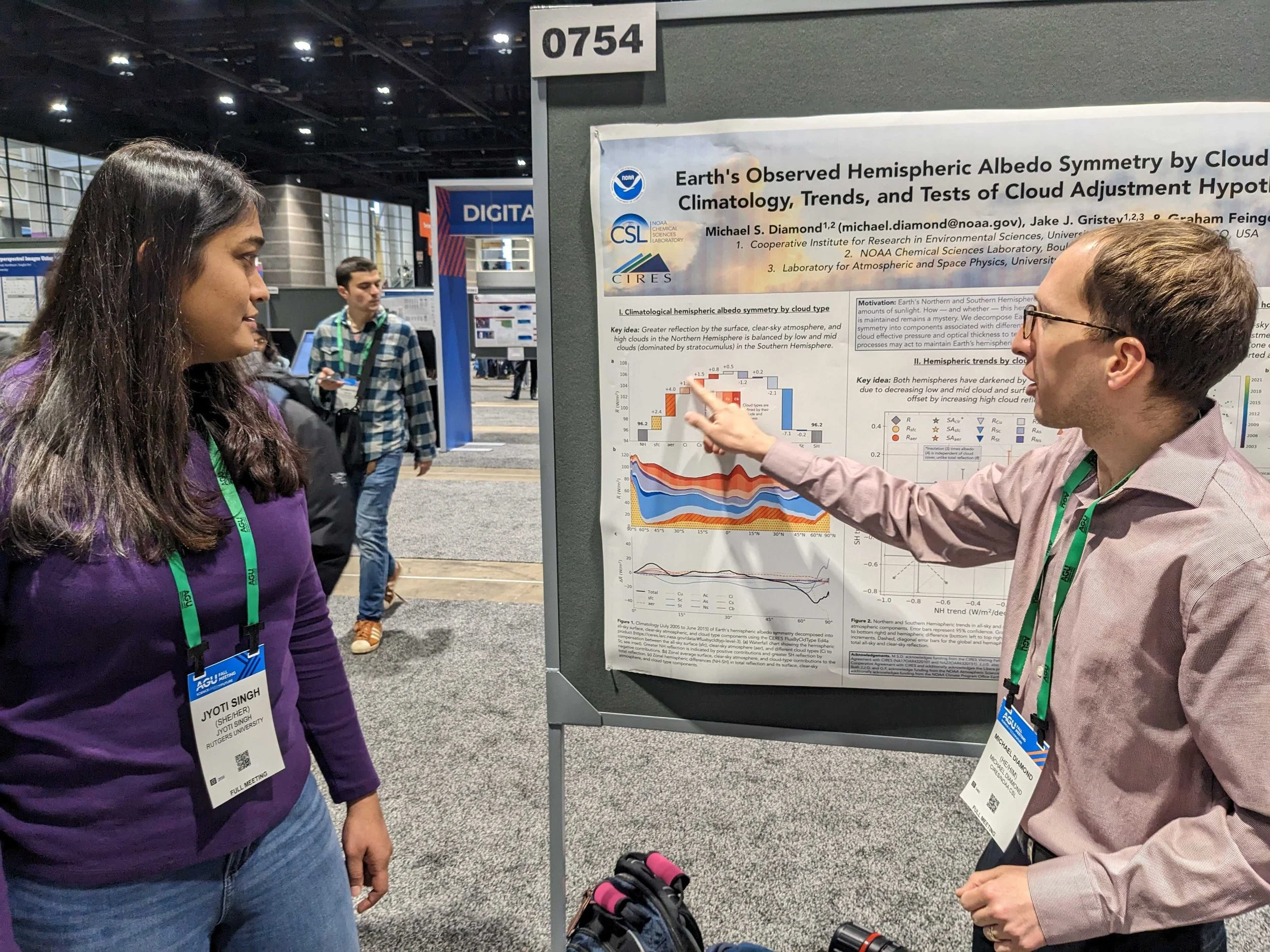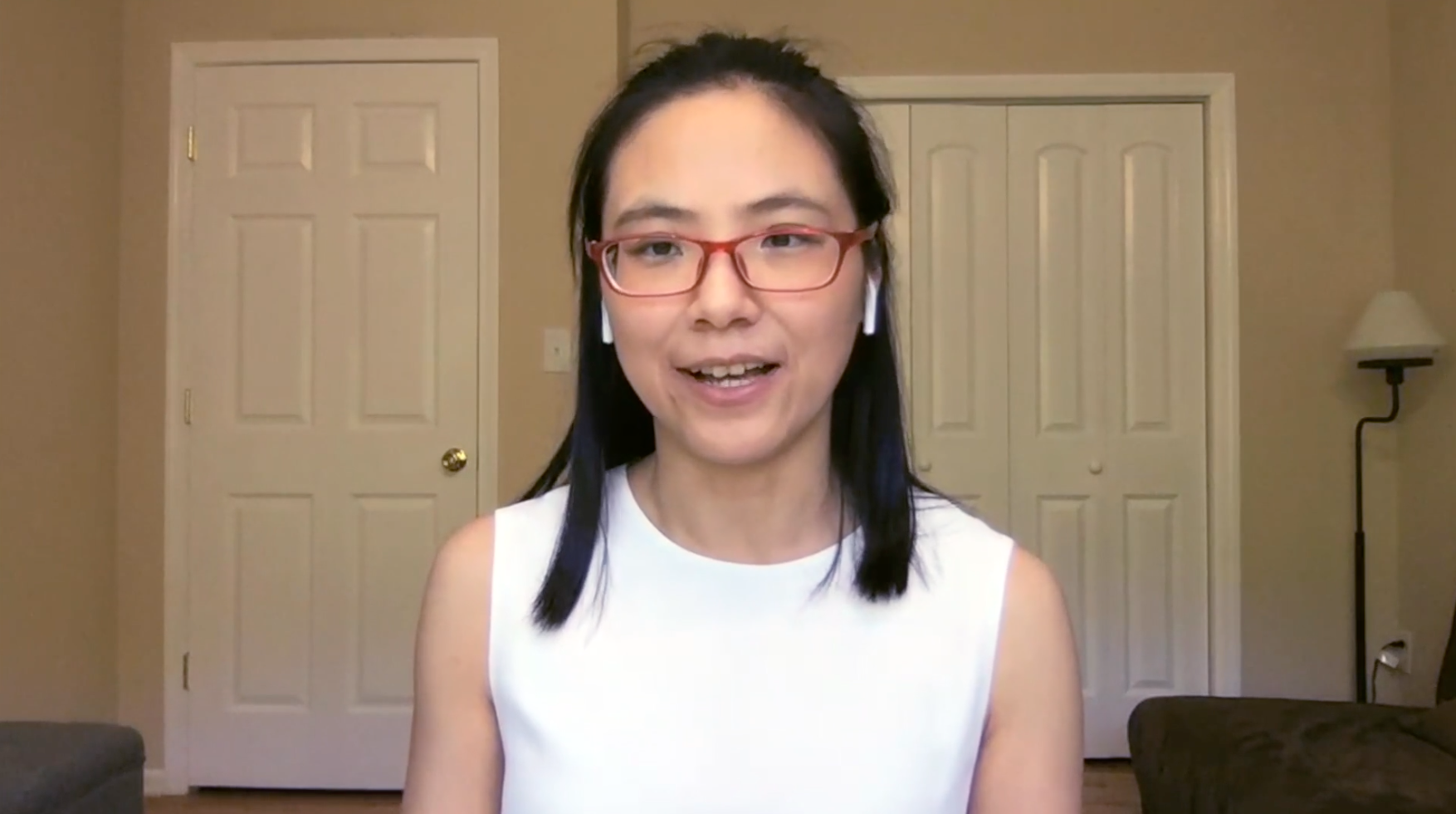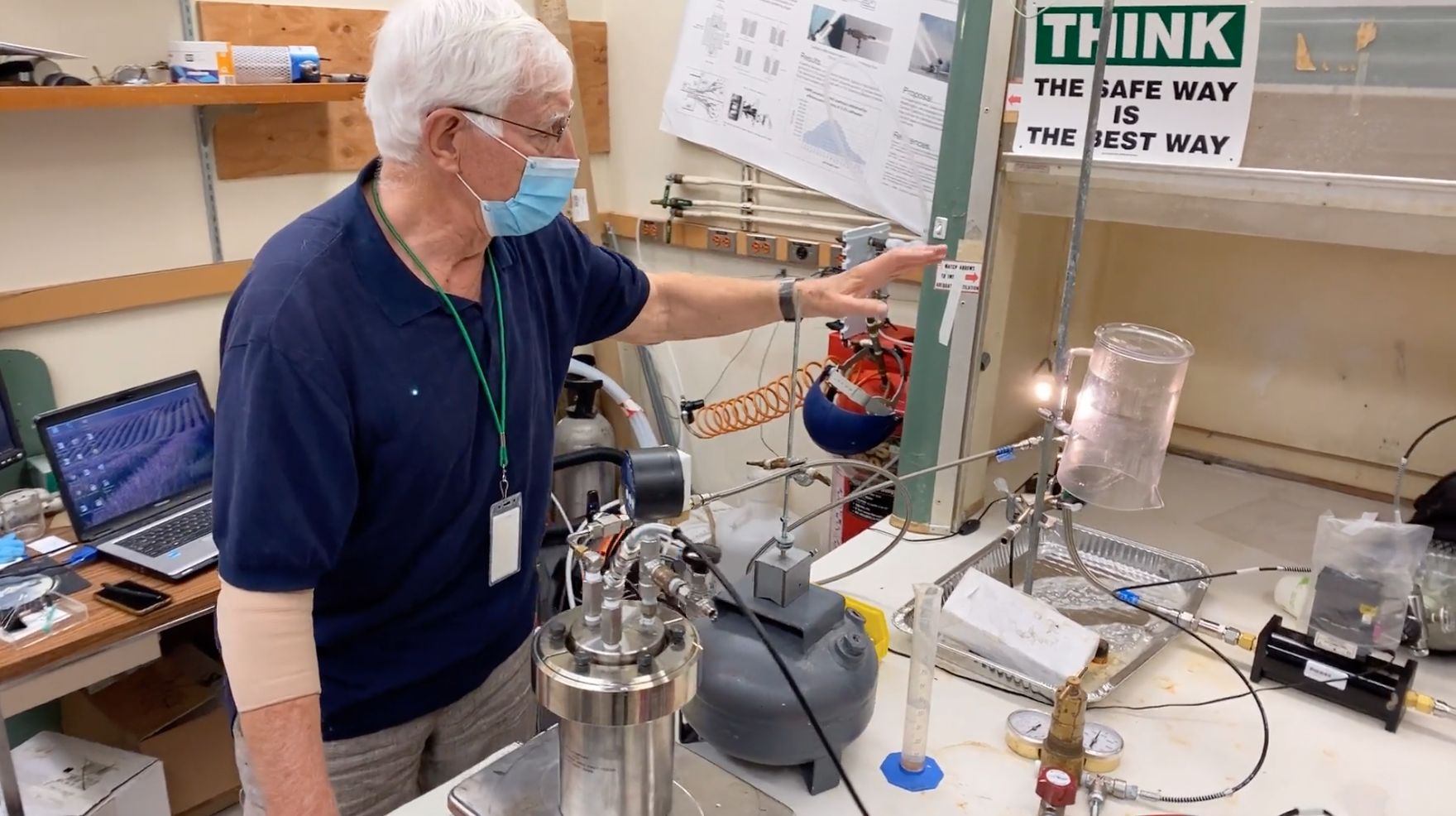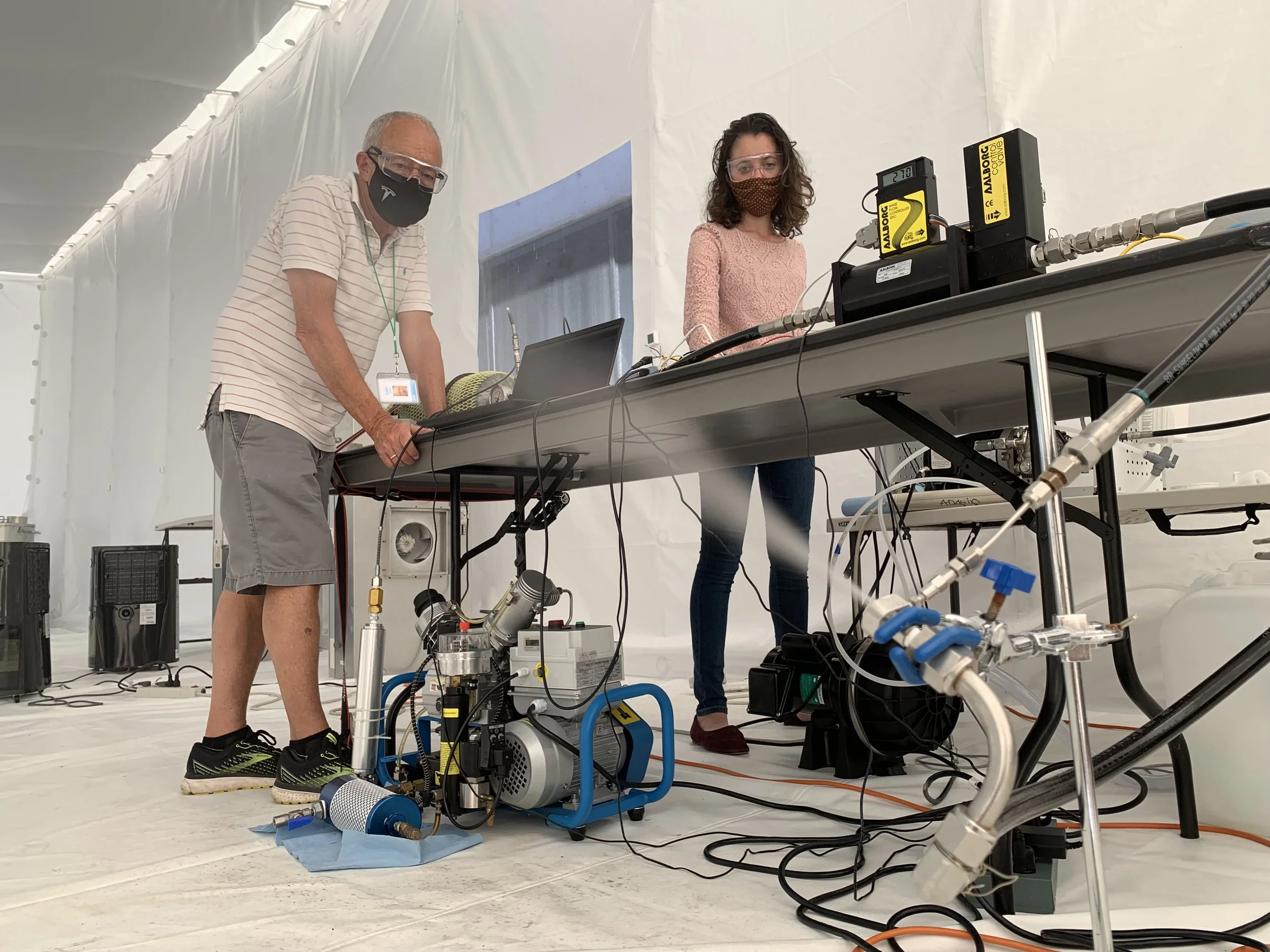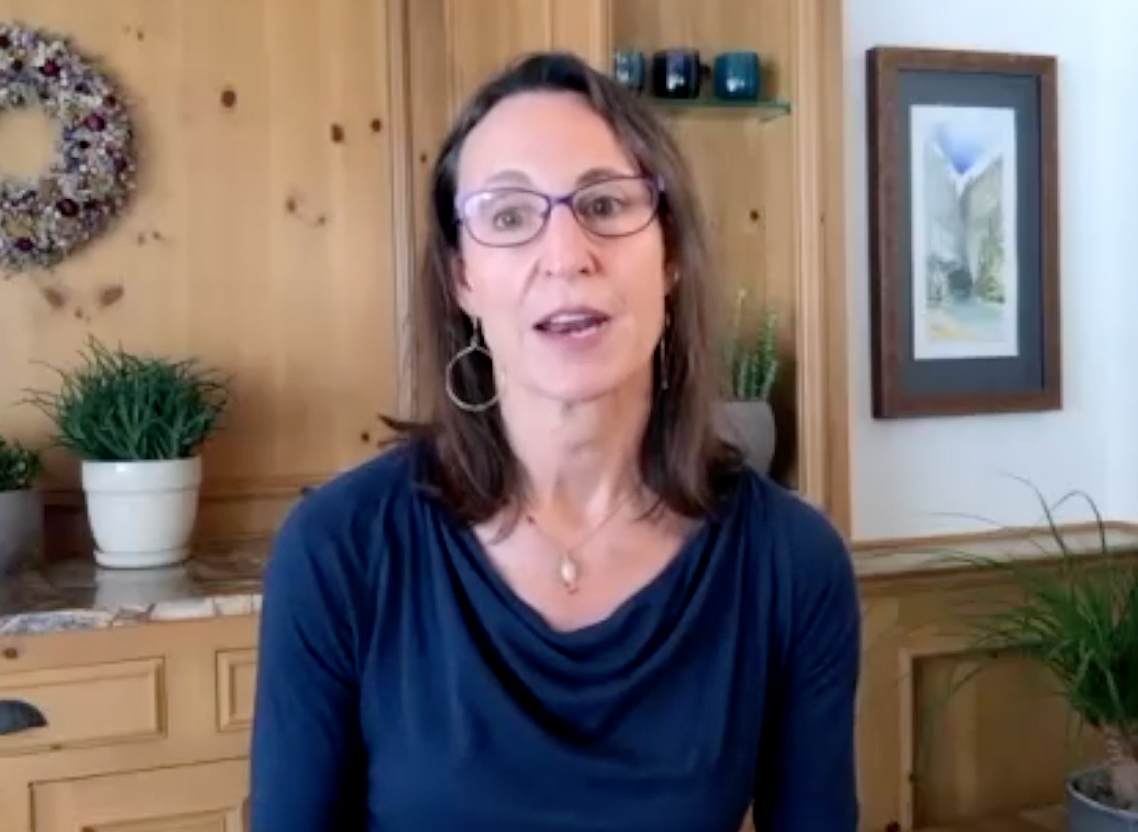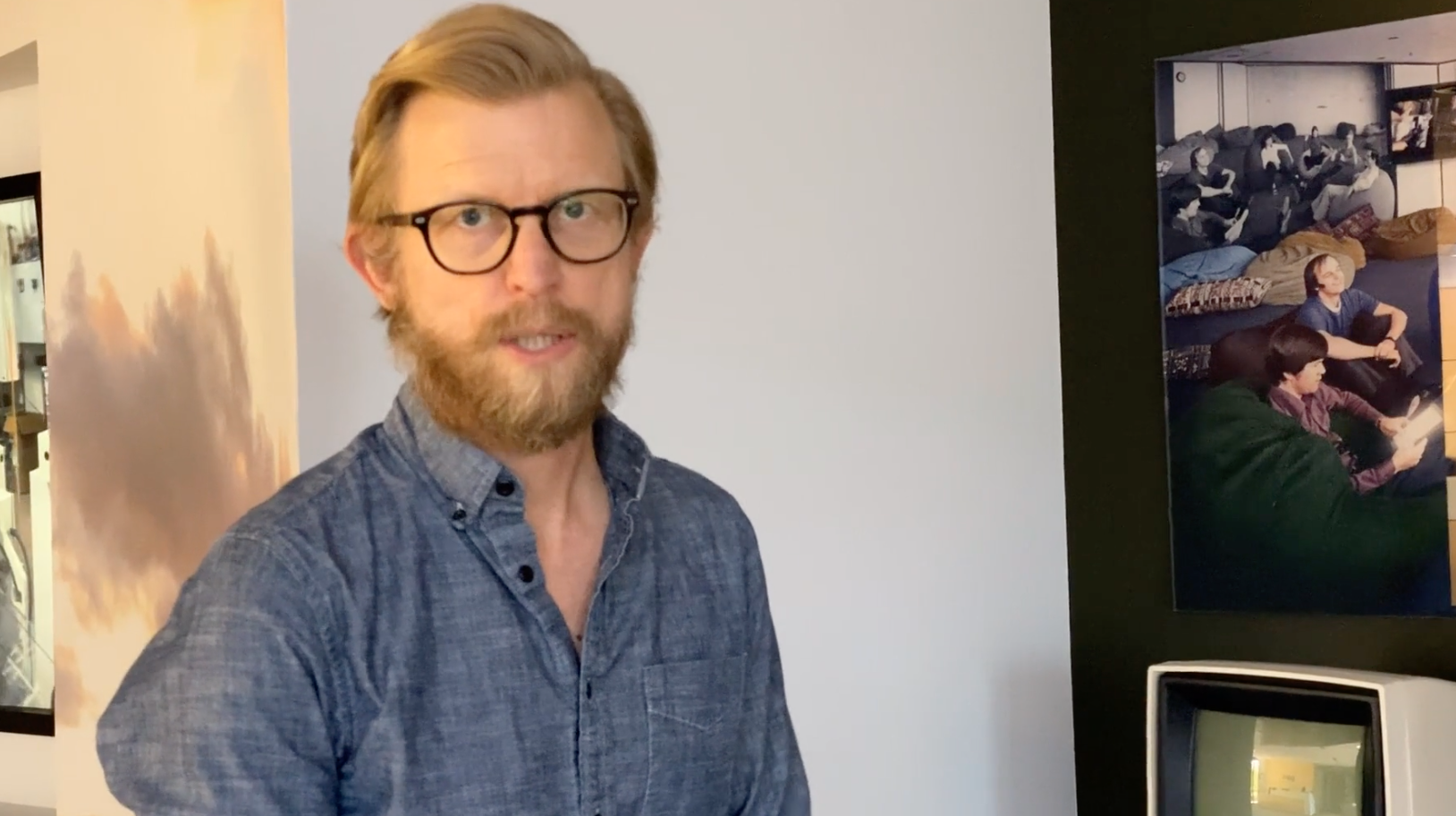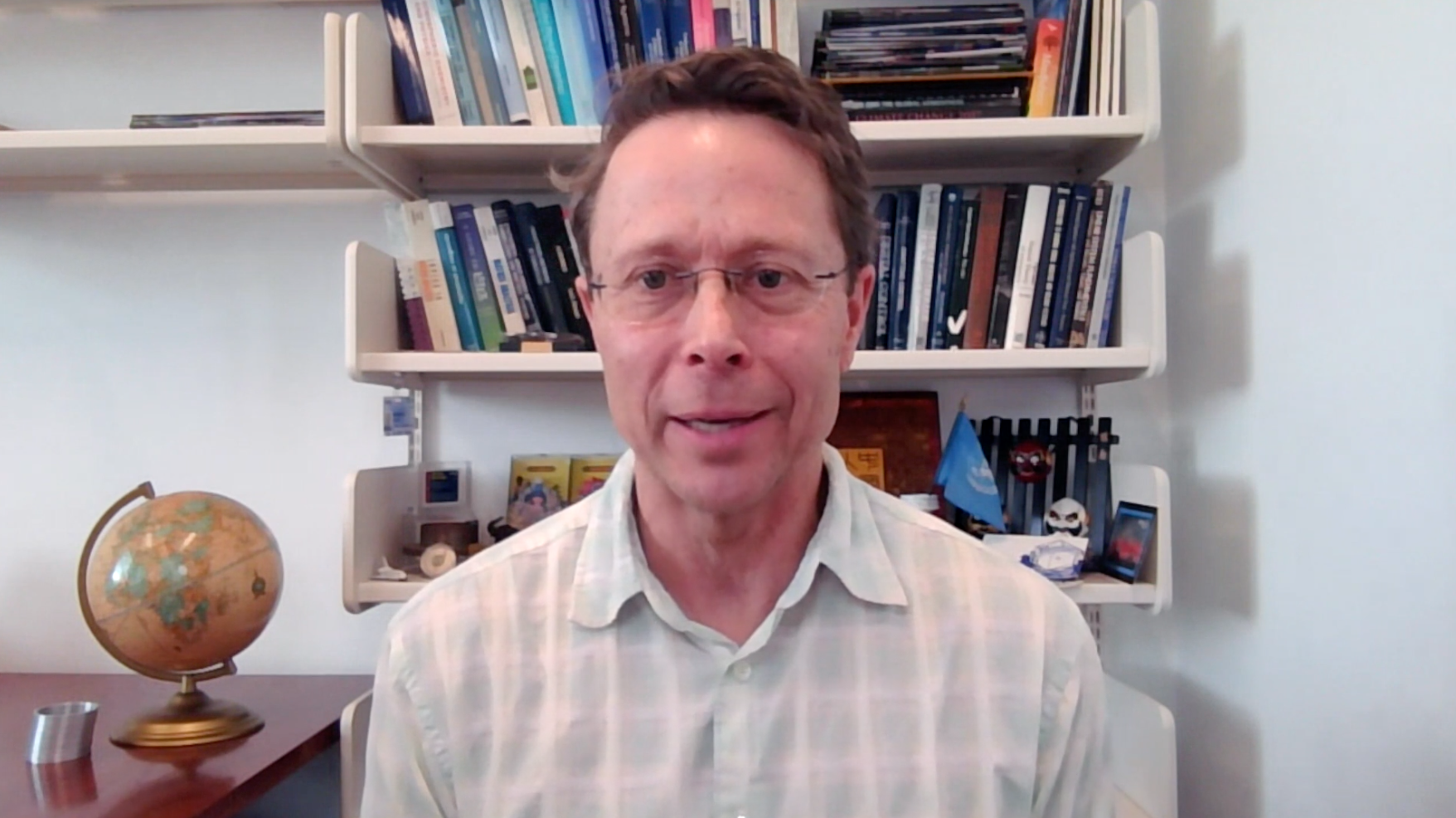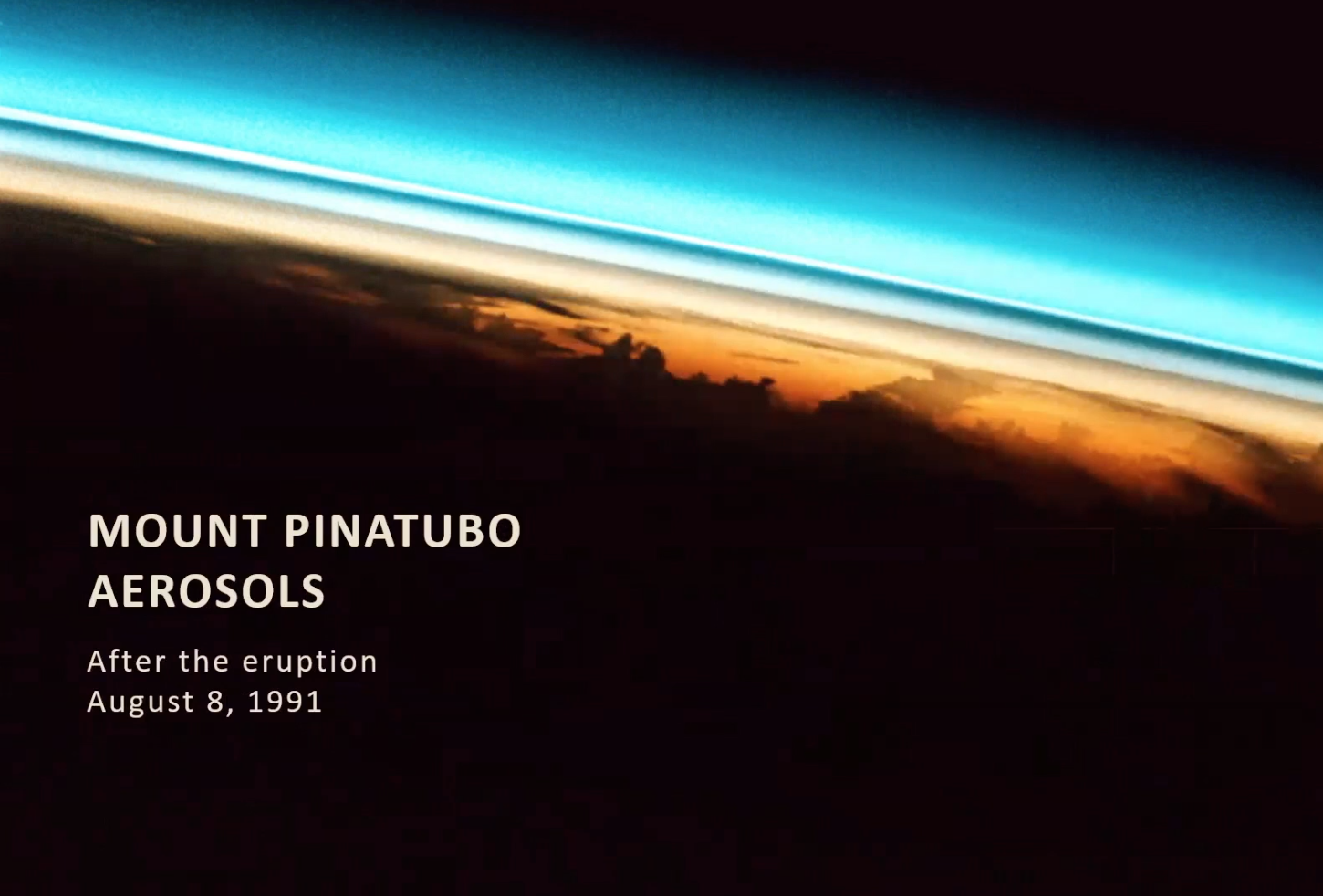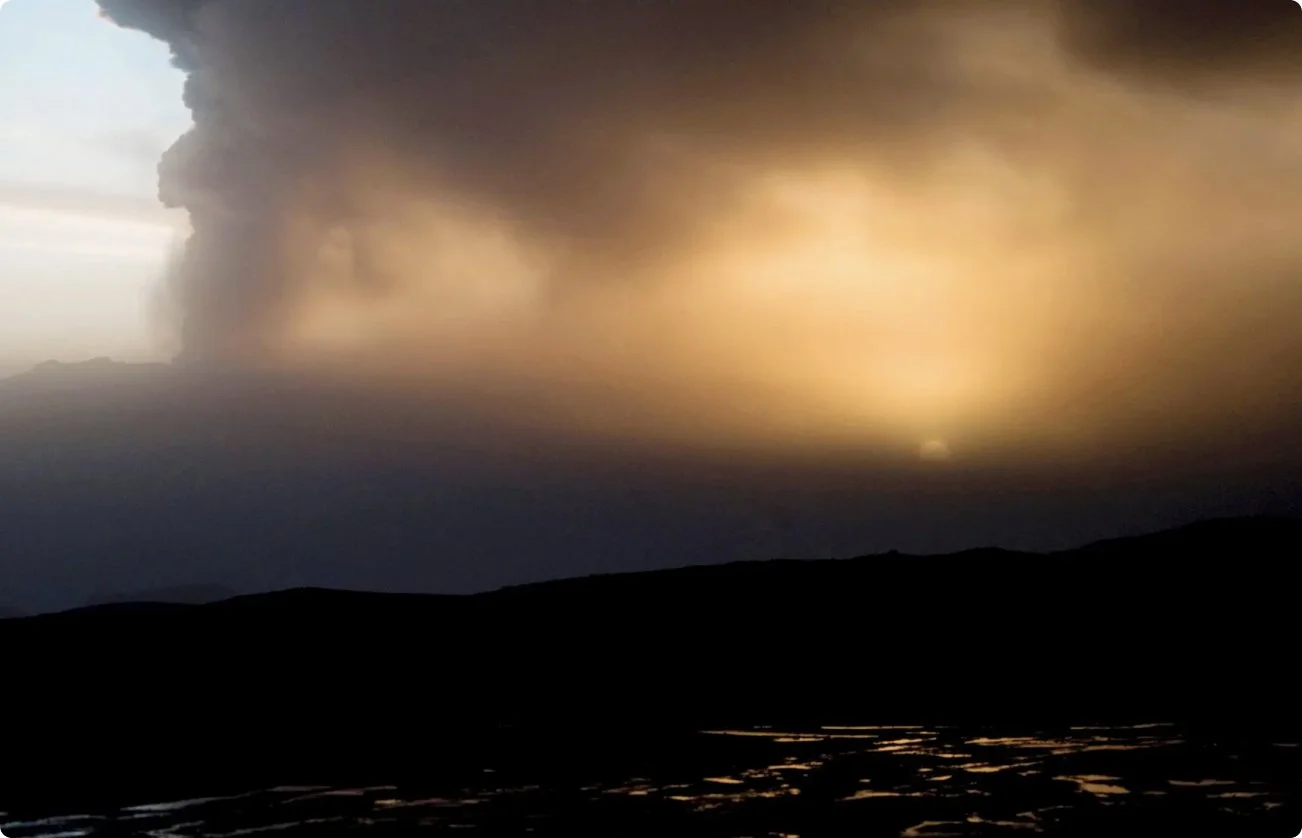
Safe Earth System Research Initiative
Historic weather extremes, natural disasters, and changes such as the growing instability of Antarctic glaciers pose unprecedented risks to human safety, economies, and the stability of natural systems in the next few decades. Advancing science, including research on possible responses, is essential to ensuring a safe and secure Earth system in the near-term.
Today, anthropogenic particles in the atmosphere reflect sunlight directly and also, by changing the properties of clouds, reduce the warming effect of atmospheric gases to a significant but uncertain degree. As Earth system changes threaten safety and security, policymakers and other stakeholders around the world have begun to consider potential responses, including increasing the reflection of sunlight from the planet by dispersing aerosol particles into the atmosphere This approach to possible sunlight reflection is sometimes called "solar radiation modification" (SRM).
However, both research and technology innovation are required to fill large gaps in our understanding of the potential effects and risks of a changing atmosphere and to inform policymakers and the public about potential "emergency medicine" for the Earth system.
Society currently lacks sufficient observations, models and scientific understanding to monitor and evaluate the potential impacts of aerosols from either current human activities or proposed sunlight reflection on the atmosphere and Earth system. Expanding open science and information is critical to safety, security and governance for SRM and to the ability of people around the world to evaluate the potential effects and risks of possible sunlight reflection for themselves.
Read coverage of our launch in the here and the press release on our 2021/2022 award recipients. For background on near-term Earth system risk and possible responses, read our report on ensuring a safe and secure Earth system. To learn more about the research and research investments, read our roadmap report and explore our Digital Roadmap for Research.
Advancing Research on Near-term Earth System Safety and Security
Research Publications
Our Approach
SilverLining’s Safe Earth System Research Initiative (SESRI) is a collaborative effort among leading researchers and research centers of excellence in the US and internationally. SESRI defines roadmaps for research, and create and support interdisciplinary applied research programs to advance understanding and progress on Earth system security in time enough to matter — within 5 years.
To do this, SESRI develops and leads interdisciplinary research and innovation programs that bring together experts from centers of excellence and other institutions around the globe in sustained efforts designed to deliver against ambitious milestones. Critically, these programs bridge deep science and advanced technology with leading Earth system and atmospheric scientists working in close collaboration with researchers from advanced technology centers such as SRI (formerly PARC), UCF Siemens Laboratory, and Amazon Web Services.
In a model similar to drug development, SESRI programs interface closely with SilverLIning’s policy and engagement initiatives, helping advance public trust, public sector funding, regulatory and governance capacity, and global cooperation, including society’s ability to detect and respond to large-scale sunlight reflection in the Earth system that could be undertaken independently in coming years.
SESRI research programs emphasize the integration and growth of research in public institutions and facilities for international scientific cooperation and data sharing. To that end, SESRI fosters grantee, partner and advisory relationships with national laboratories, government agencies and intergovernmental bodies including the US National Oceanic and Atmospheric Administration (NOAA), the US National Center for Atmospheric Research (NCAR), the UK Met Office and World Meteorological Organization.

A Roadmap for Research and Innovation
The safety and security threats of a changing Earth system demand concerted efforts to improve understanding of near-term risks and possible responses. Our interactive roadmap charts a path to improving society’s information and options for near-term Earth system response in time enough to matter.
Our Track Record
Since 2021, SESRI has made over $7 million in grants, and directed an additional $15 million in funding, supporting over 70 researchers worldwide in the US, Canada, UK, Europe, Africa and elsewhere. SESRI awardees and collaborators include leading researchers from national centers, the UK Met Office and the National Center for Atmospheric Research (NCAR), atmospheric science centers of excellence, the University of Washington and Colorado State University, and Earth systems and impacts studies centers including Rutgers University, Cornell University, University of Cape Town, and the Desert Research Institute.
A catalyst for SRM science, the SESRI has:
generated over 40 peer-reviewed publications
developed new Earth system and atmospheric process model capabilities in several major global models
provided groundbreaking simulations and data-sets for research on the impacts of SRM
fostered a new talent pipeline of early-career researchers and supported early-career researchers’ presentations at conferences and meetings.
SESRI has also produced important innovation delivering transformative capabilities to accelerate and expand research including:
the first high-fidelity ‘realistic’ simulations of SRM against near-term (ARISE) Earth system model simulations
first-ever implementation of full-production Earth system model simulations on the commercial cloud
the first aerosol generation technologies to support research for both marine cloud brightening and stratospheric aerosol intervention
a new balloon platform for expanding access to stratospheric observations
a pilot instrument package for scaling observations of gases and aerosols in the marine atmosphere
Importantly, SESRI programs have generated substantial science and information on research requirements that has informed official reports, policy processes and dialogues, notably the 2022 UN Ozone Assessment, UN Environment Programme: One Atmophere and the recent US government report on SRM research.
Assessing Impacts and Responses of Intervention on the Earth Systems (ARISE)
The Assessing Impacts and Responses of Intervention on the Earth Systems (ARISE) Program is a collaboration among senior Earth system model developers and Earth system impacts researchers to define, develop, and deliver high-fidelity (representing, in detail, relevant systems and processes) simulations of scenarios for near-term Earth system change and possible responses. The effort began in 2020 with the first-ever high-fidelity Earth system model simulations of stratospheric aerosol injection (SAI) under median scenarios for Earth system change using two major models — the National Center for Atmospheric Research’s Community Earth System Model (CESM) and the UK MET Office UK Earth System Model (UKESM). These simulations produced an unprecedented and highly comprehensive dataset for studying the influence of SAI on the Earth system — now widely adopted by researchers.

“Earth system security is threatened around the world, with devastating impacts on people and ecosystems. Recent record floods and heat waves indicate rising risks. Warming is projected to increase for several decades, placing the lives and welfare of people around the world at risk, and we do not have what we need to protect society in the coming decades. The Safe Earth System Research Initiative supports researchers from around the world in efforts to fill critical gaps in the information we need to help protect people and natural systems in an increasingly Earth system.”
Kelly Wanser
Executive Director of SilverLining
Learn More about the SESRI Research Projects
Our Collaborators
Colorado State University’s Department of Atmospheric Science is among the top programs of its kind, focusing on graduate education, cutting-edge research, and public service. Its diverse areas of research include cloud microphysics, severe storms and mesoscale meteorology, atmospheric chemistry and air quality, radiation and remote sensing, Earth system and atmosphere-ocean dynamics, data assimilation and machine learning and global biogeochemical cycles and ecosystems.
Rapid Response Volcano Observations
The recent eruption of the Hunga volcano in Tonga was a rare volcanic event in which material was projected high into the atmosphere in a way that serves as a natural experiment for understanding the primary processes and effects of material released into the upper atmosphere (the stratosphere). Made possible by generous support the Gordon and Betty Moore Foundation, and Schmidt Futures, SilverLining collaborated with senior scientists at NOAA, the University of Houston, the University of Reunion, and elsewhere to mobilize a NOAA-led campaign to make critical observations of the atmosphere. Learn more about the effort.



